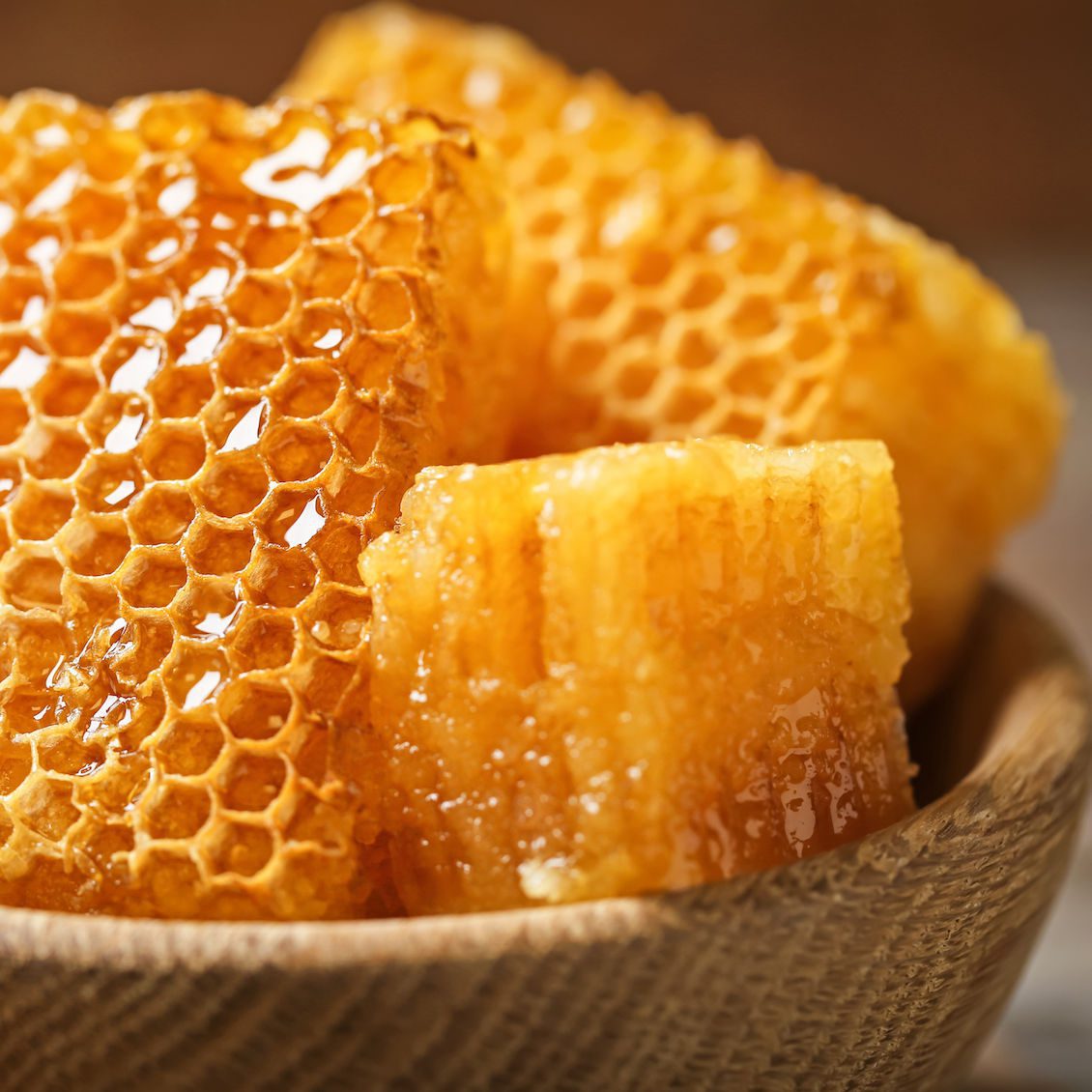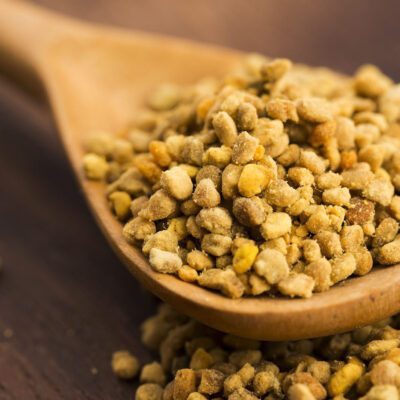Properties
The honeycomb is rich in carbohydrates and antioxidants. It also contains trace elements from various other nutrients.
Its main ingredient is raw honey, which offers small amounts of protein, vitamins and minerals – but it is composed of 95-99% sugar and water. Because it has not been processed, raw honey contains enzymes such as glucose oxidase, which confer anti-microbial and antibacterial properties.
Antioxidants are beneficial plant compounds that promote health, reduce inflammation and protect your body from diseases. Research suggests that they can help reduce the risk of diabetes, dementia, heart disease and even some types of cancer.
The honeycomb also contains beeswax, which provides long chain fatty acids and alcohols. These compounds can help lower cholesterol levels.
The honeycomb can enhance the health of your heart. Research shows that long chain fatty acids and alcohols present in wax can reduce high blood cholesterol levels, a risk factor for heart disease. The review finds that beeswax alcohols can help reduce LDL cholesterol by as much as 29% while increasing “good” HDL cholesterol by 8-15%.
In addition, replacing sugar with honey can help reduce triglyceride levels by up to 19% as well as honey antioxidants can help expand the arteries leading to your heart. In turn, it can increase blood flow and lower blood pressure, possibly reducing the risk of blood clots, heart attacks and strokes.
The honeycomb can enhance your body’s ability to fight certain bacteria and fungi. For example, test tube studies show that wax extracts can provide protection against fungal and bacterial diseases, including Staphylococcus aureus, Candidaalbicans, Salmonellaenterica and E. coli.
The honeycomb can also contribute to a healthier liver. A study showed a reduction in symptoms – such as abdominal pain, bloating and nausea. In addition, hepatic function returned to normal in one third of patients who received bee alcohol.



